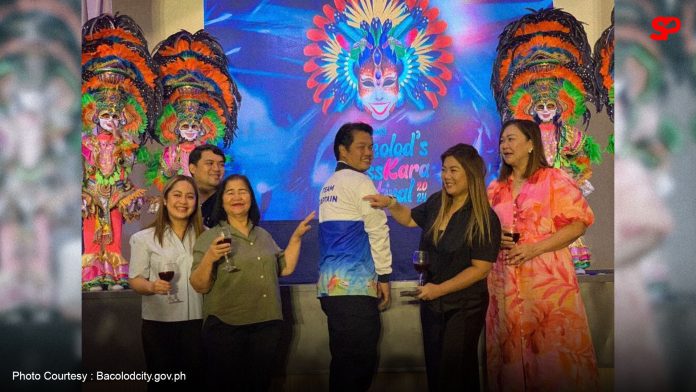By Xander Ledesma
As Bacolod City transitions from a week of vibrant celebrations, the afterglow of the MassKara Festival remains, mingling with the city’s resolve to plan for the future. Held from October 21 to 27, 2024, this year’s MassKara, themed “Unity in Diversity,” once again brought together thousands of locals and tourists to revel in Bacolod’s cultural resilience. The festival, now a hallmark of Philippine culture, serves as both a celebration and a reminder of the city’s enduring spirit.
The MassKara Festival has deep roots, born in the 1980s out of necessity during a period of severe economic hardship. Sugar prices had plummeted, crippling Bacolod’s economy, and a devastating maritime accident claimed many lives, darkening the city’s morale. It was in these trying times that local leaders and artists decided to create a festival, with masks and smiles that symbolized hope amidst adversity. What began as a gesture to uplift spirits has since evolved into a powerful cultural movement, celebrated not only for its joyous energy but as a symbol of Bacolod’s tenacity.
This year, the festival saw its grand return after the pandemic, with record-breaking crowds and a renewed sense of community spirit. Over 1.5 million attendees filled Bacolod’s streets, according to local officials, eager to partake in street dancing, mask-making contests, and parades that brought the city alive. The MassKara Festival brought not only joy but an economic boost to small businesses and local vendors, a testament to the festival’s capacity to empower local commerce. Food vendors, souvenir shops, and hotels saw a surge in revenue as people flocked to experience the festivities.
However, as Bacolod moves forward, it faces the challenge of balancing celebration with responsibility. In recent years, the festival’s growing popularity has brought to light concerns about sustainability. While it’s essential to celebrate Bacolod’s resilience and unity, we must also ask how the festival can evolve to protect the city’s environment. Each year, the festival generates significant waste, much of it plastic, and despite some initiatives to manage waste, the impact is visible. Bacolod’s leaders have acknowledged this and are already discussing ways to integrate more sustainable practices—such as reducing single-use plastics and encouraging recycling—into future festivals.
The success of this year’s MassKara Festival points to the need for a future-oriented approach, where cultural pride aligns with ecological responsibility. Perhaps Bacolod can lead by example, showing how cultural celebrations can honor tradition while embracing sustainability. It is an opportunity for the city to pioneer practices that preserve its beauty and resources for generations to come. If Bacolod were to institute zero-waste policies, engage locals in eco-friendly festival preparations, or even create a “green MassKara” initiative, it could redefine what a sustainable festival looks like.
The MassKara Festival has become more than a celebration; it is a testament to the strength and resilience of Bacolod’s people. As we reflect on this year’s celebrations, let us consider how the festival can continue to bring joy and unity, not only for today but also for the future. By infusing sustainability into its core, Bacolod has the chance to make MassKara a beacon of resilience and responsibility—a festival that celebrates its past while committing to a greener, more vibrant future.

